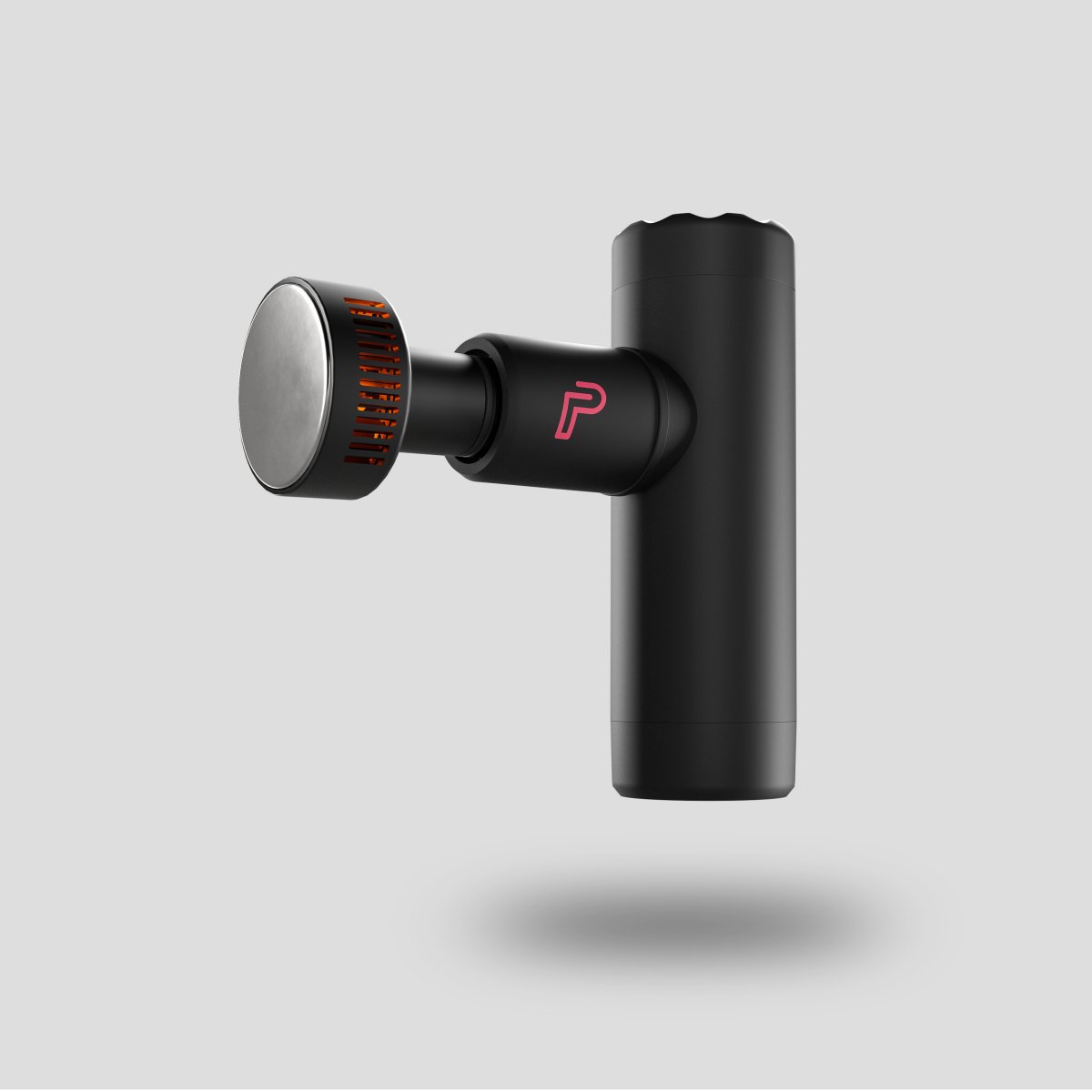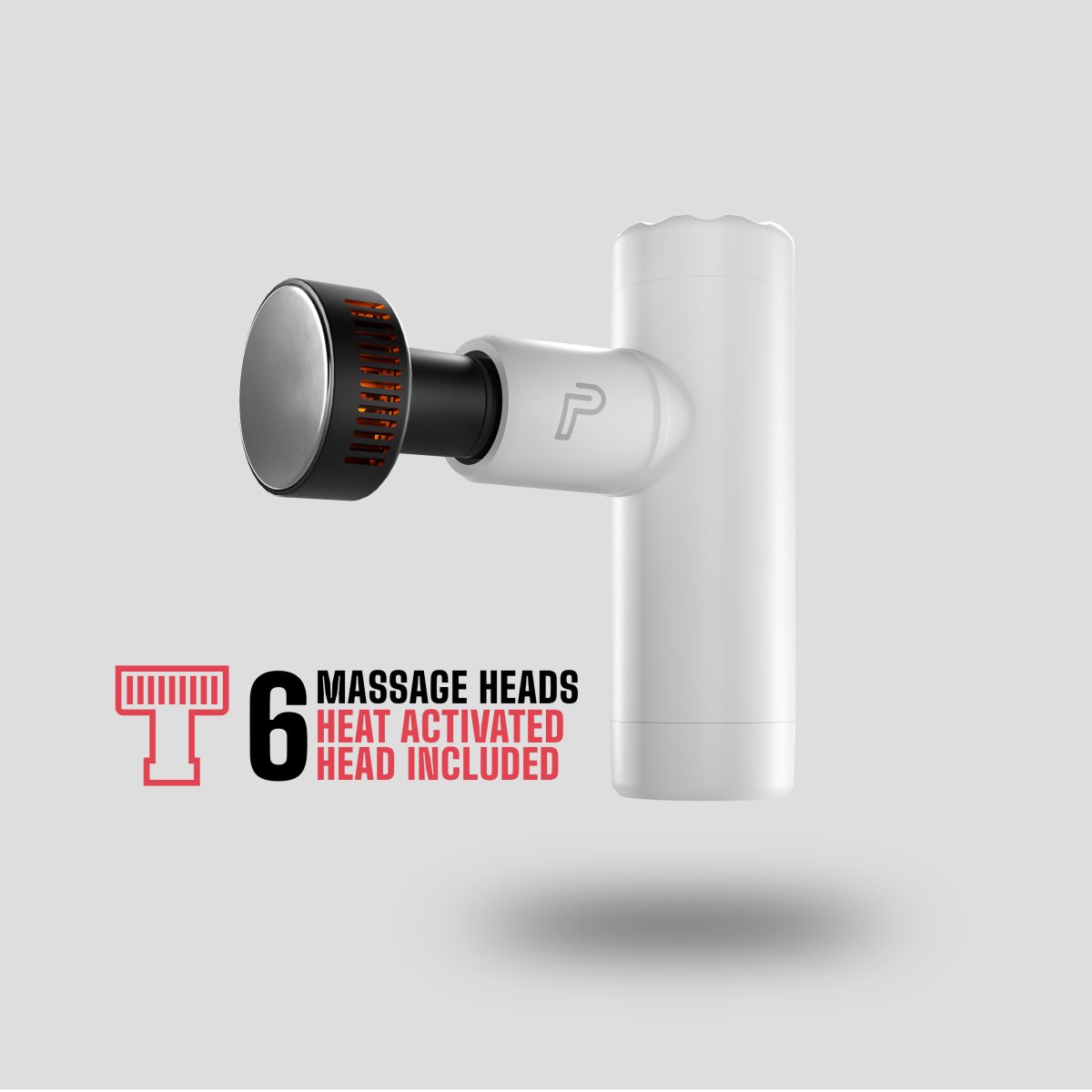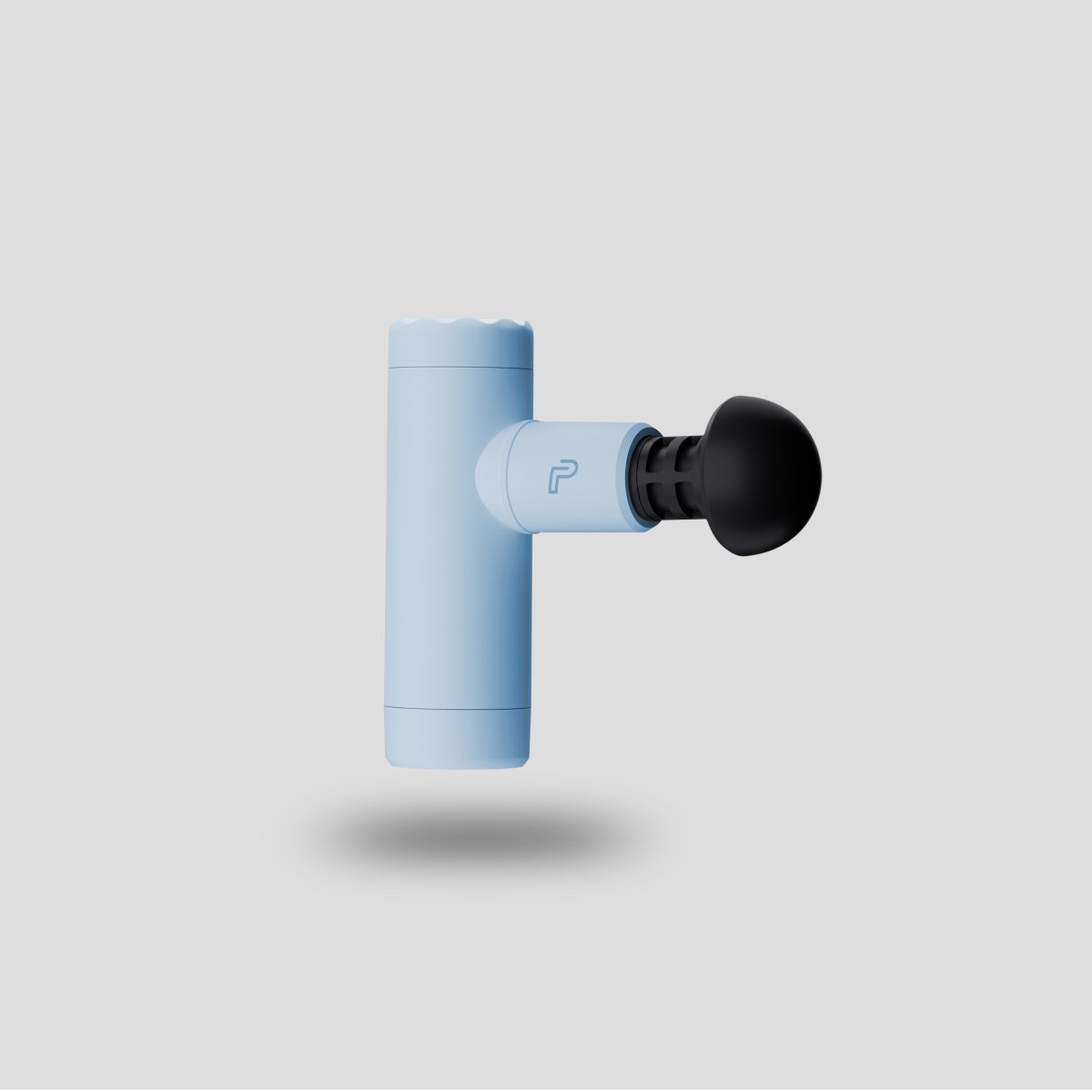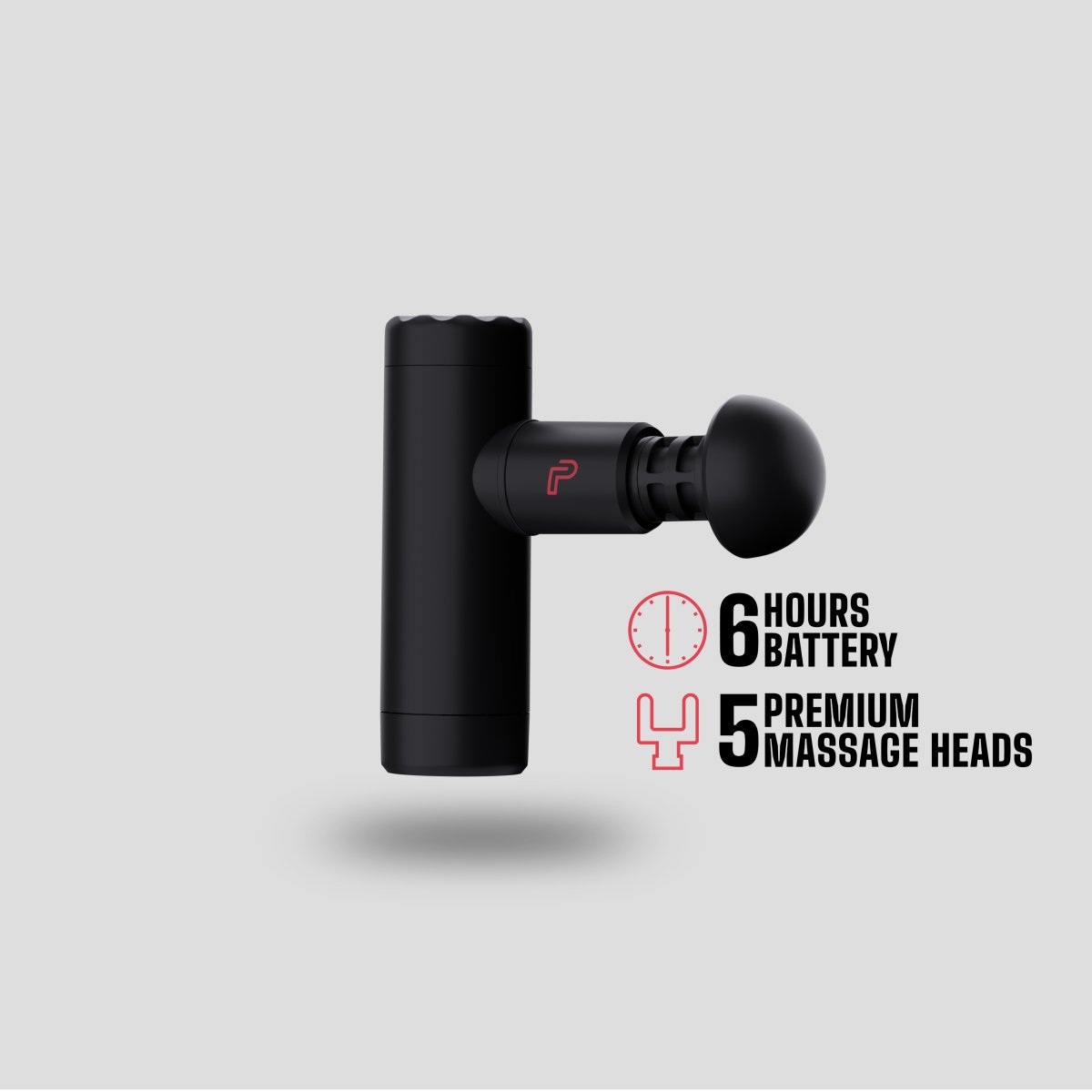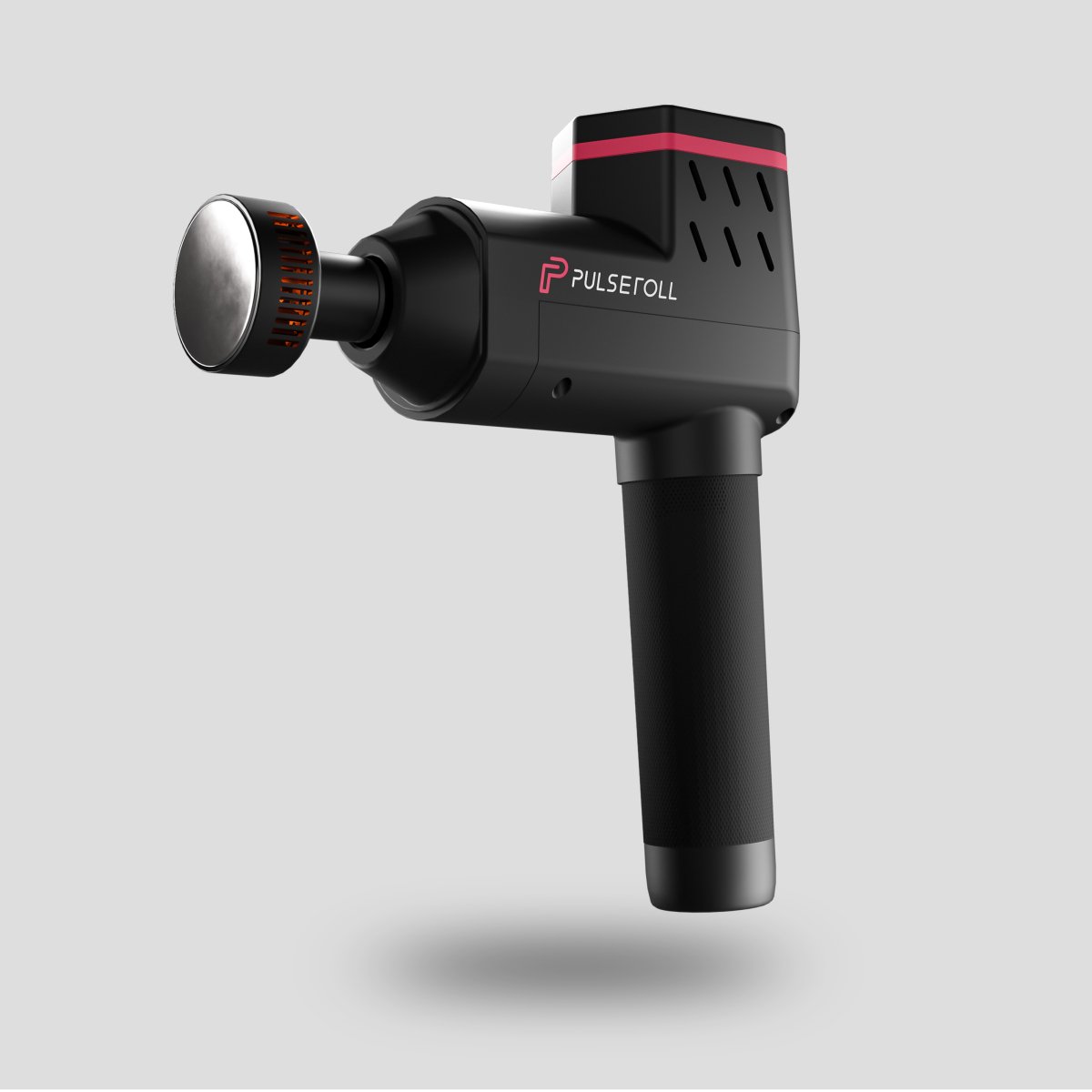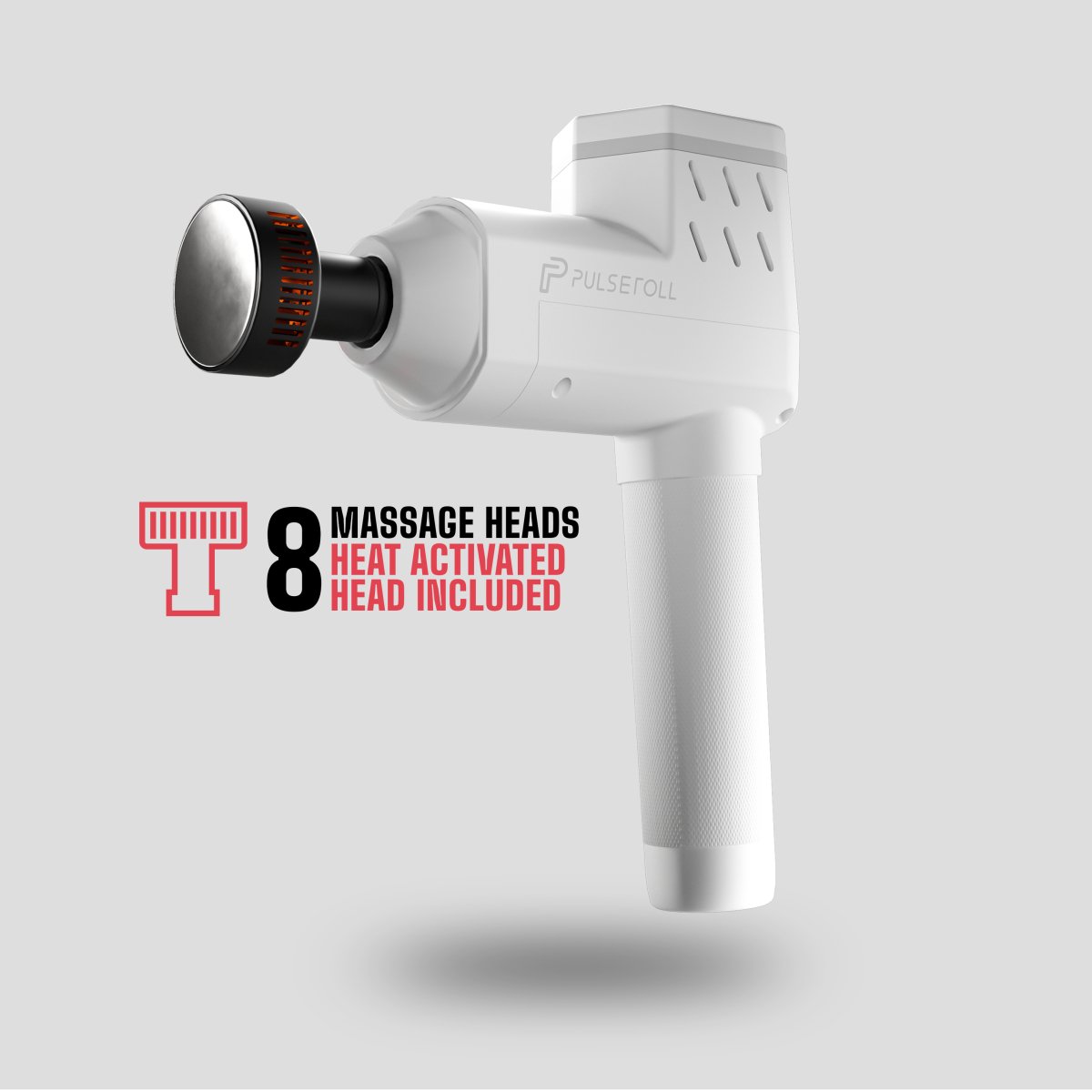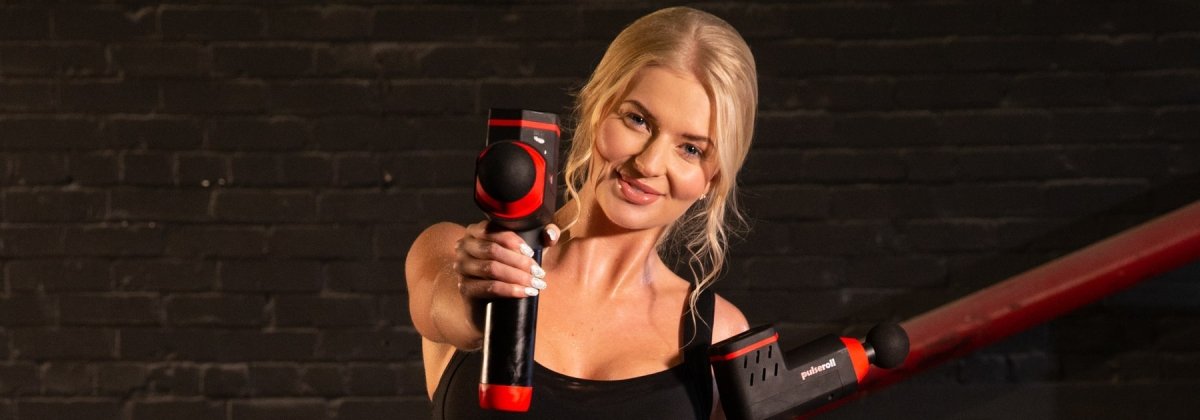About one in four Americans claim to have made new year's resolutions at the start of 2020. The most common one, by far, was to start exercising more. A whopping 46% of people made exercising their priority for the new year.
Of this percentage, less than 50% followed through with their plans. This is nothing new. In fact, it happens every year. As the countdown to New Year’s Eve happens, something stirs inside us, a regret for all the time we might have wasted - time we spent, pizza in hand, sitting on the sofa, bingeing Netflix when we could have been in the gym. This leads to a knee-jerk reaction, a decision to do better.
Humans are beings of habit and numbers. We like assigning importance to dates and times, so what better an opportunity than the start of a whole new year, right?
Well… unfortunately, this isn’t always the case.
Most of us can attest to the fact that New Year’s resolutions are notoriously difficult to keep, but why are we so bad at keeping to them and is there a better way to stick to our goals?
Jump to:
- Habits, Habits, Habits
- Fighting Chemistry
- Keeping The Habit
- Breaking the Habit
- Why Wait?
- December is the New January
- Get Ready Now
- Change Your Identity
- Wrapping Up
Habits, Habits, Habits
News Year’s resolutions always revolve around habits. Some people use them to change their bad habits, like quitting smoking. Others use them to instil a new, positive habit, like working out more in the gym and eating healthily.
Habits are notoriously difficult to break. At their core, they’re essentially carved pathways in our brains. Just like water, our brains follow the path of least resistance. This means that, when it comes to a difficult decision, for example, being offered a donut, it’s easier to say yes than no.
This is down to simple physiology. Donuts contain sugar. When we eat donuts, our bodies sense the sugar being ingested and release Dopamine as a result. Dopamine is the chemical that controls pleasure in our body, and it is notoriously strong. (1)
Fighting Chemistry
Fighting chemistry is extremely difficult. Logically, you know the donut is bad for you and your goals, but your brain is anticipating that juicy dopamine release, much more than you’re actually craving the donut. Just think about it, you weren’t craving that donut until you were offered it, were you?
People don’t think about the chemistry when they set these, often unrealistic, goals to change their habits and behaviours. What’s worse is that, by setting unrealistic goals, we actually set ourselves up for failure, and failure is one of the biggest reasons we give up on our resolutions.
Failure leads to misery, and this in itself is a self-defeating prophecy. You break your resolution to eat a donut, you get the immediate dopamine release, but that wears off quickly, and when it does, sadness or anger sets in that you failed and gave in to temptation. From this point, it becomes very easy to say, “I might as well just have one more donut” or “I’ve failed now, I might as well give up.”
Keeping The Habit
So, what’s the trick to finally keeping that habit?
Well, after years of study, researchers have found that the best way to make a habit is to create a habit loop. (2)
The habit loop goes like this: Cue > Routine > Reward
Following a new habit with a reward, something that increases dopamine, is the key to making habits stick. And that doesn’t have to mean reaching for a chocolate bar. (3)
For example, research shows that massage can reduce stress hormones and increase dopamine and serotonin. (4)
Following your exercise routine with a self-massage practice is one way to help rewire your brain. And you don’t need to pay for expensive massages. Instead, you can invest in a Pro Massage Gun.
A little self-care goes a long way, and the Pro Massage Gun doesn’t only feel good, it will also help you to recover faster.

Breaking the Habit
In order to break a habit, we have to disrupt the ‘Cue, Routine, Reward’ habit loop.
When it comes to bad habits, the first step is acknowledging and breaking the cue. (5)
Often, we don’t even realise what our cues are. It can be surprising when we start to look at our bad habits in detail. For example, if your routine after work is to come home, check your social media, then raid the fridge for snacks and treats, the cue may be the social media. To disrupt this loop, you replace the cue, the checking of social media, for something different, say a hot shower.
This will disrupt your habit loop and also instil a level of awareness. You now realise that you have a problem period just after work between 6-7. This makes it easier to combat, simply keep busy and change your routine in those hours.
Why Wait?
The more you undertake in any given habit, the deeper those pathways are carved into your brain. The deeper these pathways, the harder it is to break a habit. Breaking a habit only starts to get easier when you begin carving different pathways into your brain with different behaviours.
The deeper these new pathways, the higher the chance that your brain will automatically pick the new, healthier route. This means you need to give yourself as much of an advantage as possible early on into creating a new habit pathway.
One reason many people fail at their new year resolutions is that they‘re placed on such a pedestal. People will spend the entirety of December eating bad food, sitting on the sofa, and neglecting their workouts and exercise. After perhaps the worst month for bad behaviours overall, they then try and switch, instantly, into a newer healthier person on 1st January.
You can see the problem, right?
December is the New January
Now, we are going to suggest something that may seem pretty radical, but if you want the best possible chance at a healthier, better new year - one where you follow your resolutions and don’t break them - you should consider implementing your resolutions in December.
Your body is extremely complex, your mind even more so, and it’s going to take some trial and error to discover your cues, rewards, and habit pathways. You might forget that watching football is a cue for you, grabbing a beer subconsciously and drinking it before you even realise it. That’s okay, that’s why we are starting early.
This is especially true for creating new habits. If your plan is to become someone who runs every morning for your New Year's Resolution, start the habit in December. During the first few weeks, it’s going to be a struggle; you might miss days, you might be too exhausted on others, but by the time you get to January 1st, you will have dealt with the teething problems.
By the time New Year’s Day comes, you’ll be someone who has already been running nearly every day. You’ll have put the groundwork in already; so sticking to the goal will be so much easier, and that will make it more rewarding. Every successful run will flood you with dopamine, and you’ll finally know what it is to succeed at your New Year's Resolution.
And why not make it easier for yourself by investing in a Pulseroll product such as Pro Massage Roller? Improve blood flow, decrease lactic acid and recover faster so that you can keep putting your running shoes back on!

Get Ready Now
Another common problem with new year's resolutions is that people are often unprepared for them. For example, January comes, and you realise that you don’t have any running shoes.
When you start early, you won’t fall into these pitfalls. And when you invest your money in things that promote your healthy habits, you will feel more of a drive to keep going.
How can you make your new habit easier for yourself?
Change Your Identity
This last tip we’re going to give you works for anyone who wants to change a habit or behaviour and replace it with a positive one.
Your brain and body are two extremely complicated machines controlled by you. Your brain in particular, has an amazing ability to adjust to stimuli and thoughts that you decide to feed it. One part of our brains is our identity.
Our identity controls our energy and our willpower to some degree, and we can hack this process to provide a huge boost to both. Here’s how to do it.
If you are someone who has never run consistently before and yoa’re hoping to run consistently for your resolution, your identity right now is either someone who doesn’t run, or someone who is struggling to run every day. If someone asked you about your running, that is what you would tell them.
To hack this process, simply change that to “I am someone who runs every day”. That’s it. When you wake up in the morning, tell yourself, “You are someone who runs every day”, when someone asks you about your fitness routine, “Yeah, I run every day”.
In your brain, you have changed your identity, and, by telling other people, their view of your identity changes. Now you’re accountable to yourself and to everyone you tell. Soon you’ll be running every day because you’ll have told yourself you run every day, as well as everyone else.
Wrapping Up
Hopefully, the tips above will help you to become the best possible version of yourself this new year.
Remember, the last year has been tough, but you are tougher. You can do anything you set your mind to and we hope that you smash your goals and surpass them.
References
- Avena, N. M., Rada, P., & Hoebel, B. G. (2008). Evidence for sugar addiction: behavioral and neurochemical effects of intermittent, excessive sugar intake. Neuroscience and biobehavioral reviews, 32(1), 20–39. https://doi.org/10.1016/j.neubiorev.2007.04.019
- Chen, W., Chan, T.W., Wong, L.H. et al. IDC theory: habit and the habit loop. RPTEL 15, 10 (2020). https://doi.org/10.1186/s41039-020-00127-7
- Judah, G., Gardner, B., Kenward, M.G. et al. Exploratory study of the impact of perceived reward on habit formation. BMC Psychol 6, 62 (2018). https://doi.org/10.1186/s40359-018-0270-z
- Field, T., Hernandez-Reif, M., Diego, M., Schanberg, S., & Kuhn, C. (2005). Cortisol decreases and serotonin and dopamine increase following massage therapy. The International journal of neuroscience, 115(10), 1397–1413. https://doi.org/10.1080/00207450590956459
- Lucas Carden, Wendy Wood,Habit formation and change, Current Opinion in Behavioral Sciences, Volume 20, 2018, Pages 117-122, ISSN 2352-1546, https://doi.org/10.1016/j.cobeha.2017.12.009.






